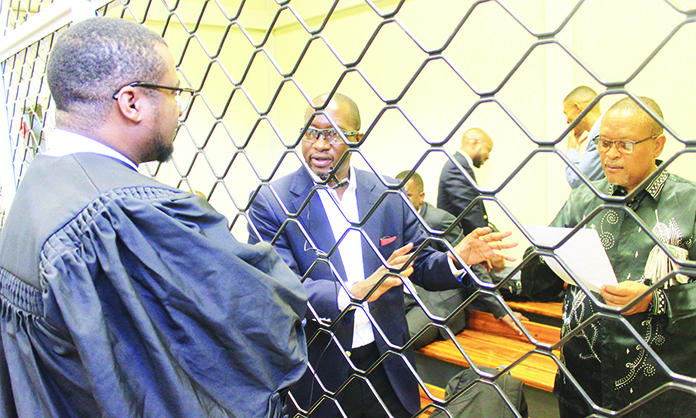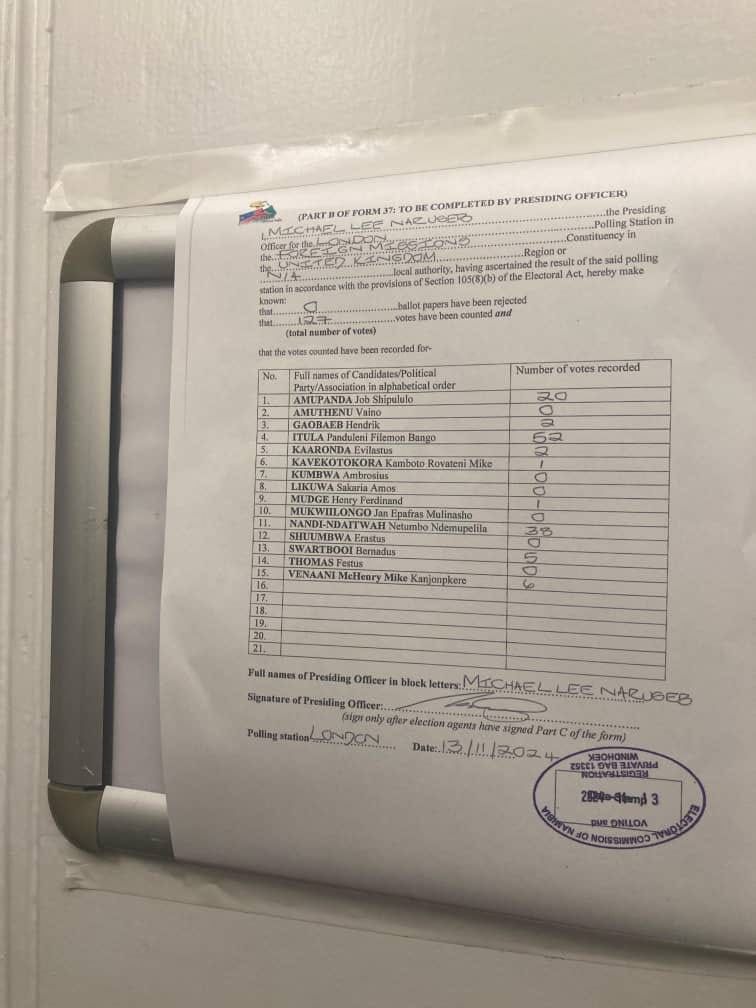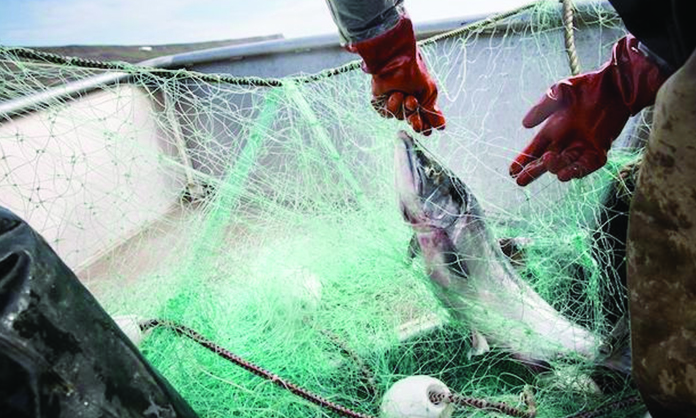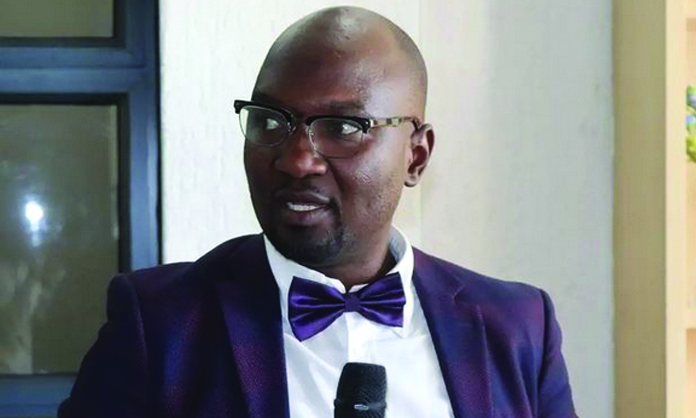Former attorney general and justice minister Sacky Shanghala says he will consider taking legal steps in connection with the appointment of acting judge Moses Chinhengo as trial judge for the Fishrot fishing quotas fraud, corruption and racketeering case.
Shanghala said this at the end of an exchange with Chinhengo during a hearing in the High Court at Windhoek Correctional Facility on Friday.
Shanghala questioned Chinhengo’s status as an acting judge, remarking that Chinhengo had been appointed until the end of December last year and that he was not aware of any announcement of Chinhengo’s reappointment that has been made this year.
He also said his lawyers have addressed a letter to president Nangolo Mbumba in connection with Chinhengo’s appointment. In the letter, which is dated 21 February, lawyer Ronald Kurtz – representing Shanghala, James Hatuikulipi and Pius Mwatelulo, who are also charged in the Fishrot case – informed the president that if he appoints Chinhengo as an acting judge, or extends his appointment, his clients intend to approach the High Court on an urgent basis to set aside the appointment or extension as unconstitutional.
On the question of Chinhengo’s appointment that was raised by Shanghala, deputy prosecutor general Ed Marondedze, representing the state, said the answer to Shanghala’s query can be found in the High Court Act, which states that the appointment of acting judges continues until the judge has disposed of cases with which they were dealing.
Shanghala indicated he would consider taking other legal steps in connection with Chinhengo’s appointment.
Chinhengo on Friday heard oral arguments on an application by one of the accused in the Fishrot case, Nigel van Wyk, for him to step down from the matter. He postponed the delivery of his ruling on Van Wyk’s application for his recusal to 12 March at the end of the hearing.
Van Wyk filed an application for Chinhengo’s recusal after the judge continued with plea proceedings in the matter in the absence of Van Wyk’s defence lawyer, Mbanga Siyomunji, in December last year.
The state is opposing Van Wyk’s application, in which he is claiming that he has “a reasonable apprehension of bias on the part of the judge” and is alleging that Chinhengo “is concerned only with completing the trial as soon as possible, irrespective of the rights of the accused”.
Van Wyk’s request for Chinhengo to recuse himself is not supported by any of the other accused in the matter, Marondedze noted during the hearing. He added that this is an indication that Van Wyk’s co-accused do not harbour apprehensions of bias on the part of the judge.
Marondedze also argued that if Van Wyk was dissatisfied with Chinhengo’s refusal to postpone plea proceedings because his lawyer was absent, the correct procedure for him to follow was to appeal against Chinhengo’s decision, rather than trying to get him to step down from the case.
The procedure that Chinhengo followed during plea proceedings in December, when he noted pleas of not guilty when some of the accused told him they would not give their pleas to the charges that were put to them, was the procedure provided for in the Criminal Procedure Act, Marondedze said.
The fact that Chinhengo followed the procedure as provided for in the act can never be a ground for his recusal, Marondedze argued as well.
Siyomunji was not present in court for the recusal hearing, and informed the judge through fellow lawyer Enos Mwakondange, who stood in for him, that he stood by the written arguments he filed at the court.
The 10 individuals and two companies, 12 close corporations and four trusts arraigned before Chinhengo are due to be prosecuted on 42 charges based on allegations that they had been involved in a multimillion-dollar scheme to illegally benefit from Namibian fishing quotas.
Van Wyk was granted bail in an amount of N$20 000 in December, after about four years in custody. He is the only one of the accused to be free on bail at this stage.
Stay informed with The Namibian – your source for credible journalism. Get in-depth reporting and opinions for
only N$85 a month. Invest in journalism, invest in democracy –
Subscribe Now!






